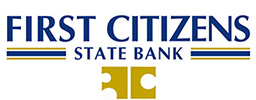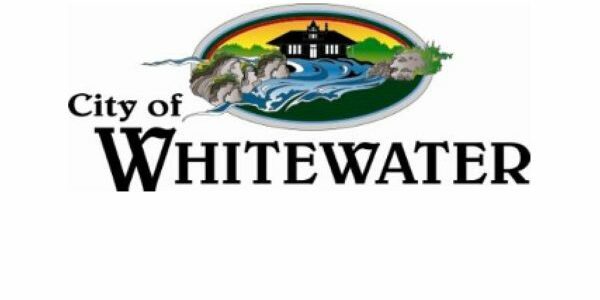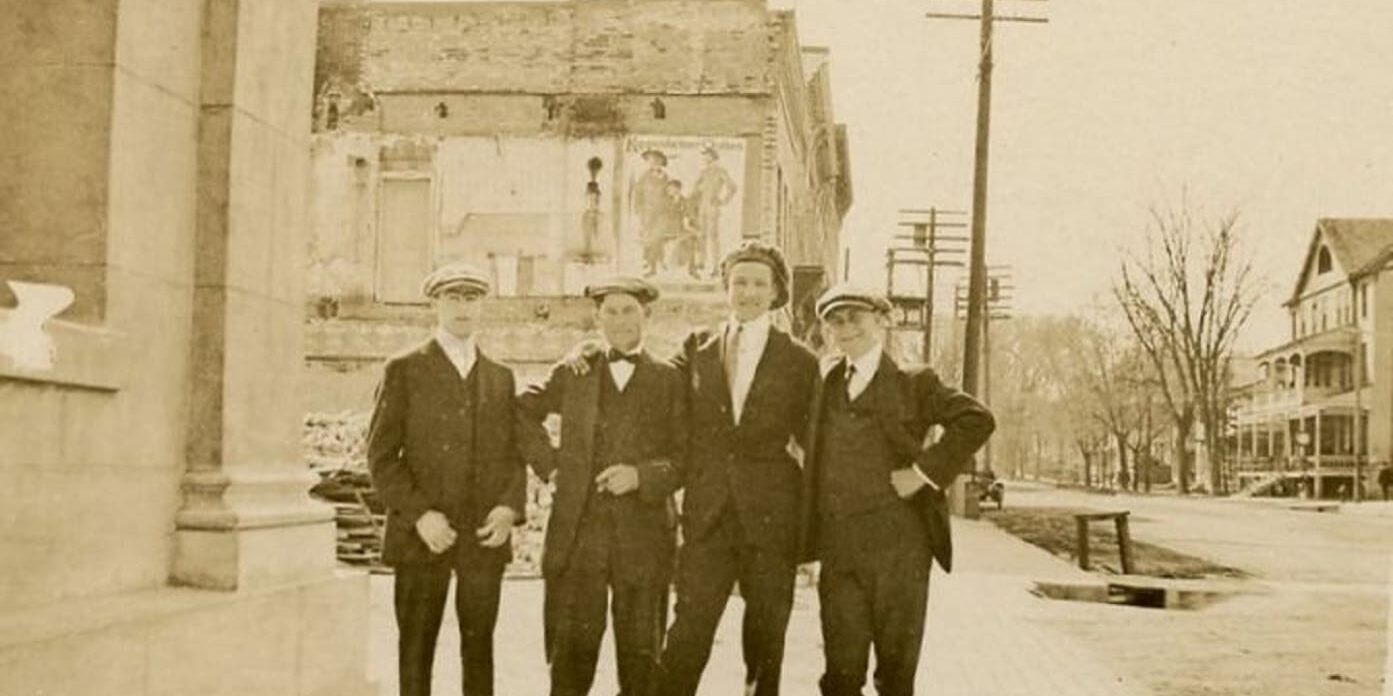By Al Stanek
Whitewater Banner volunteer staff
whitewaterbanner@gmail.com
Tax Incremental Finance (TIF) efforts that were initiated decades ago have broadened the City of
Whitewater’s tax base significantly and the result is anticipated generally lower property tax bills next
year even with the passage of two upcoming referendums and higher property assessments according
to recent information mailed to city residents.
“Most taxpayers will see a net reduction in (2022) tax bills thanks in large part to $75 million of growth
in the City’s tax base,” according to information recently provided by the city. A second information
piece goes as far as to predict that “Even with a yes vote, more than 81% of residential property owners
will see their tax bills decline.” A huge increase in taxable property responsible for the decrease is largely attributable to the recent closure of a TIF funded district that includes the city’s business park.
“It’s a story that needs to be told,” said former Community Development Authority member Jim
Caldwell when asked to comment on the predictions. “Years ago, we set a goal of having more
employees in our business park than we have at the university. Attracting more families with children
is the key to sustainable community growth for our community,” he added.
Taxes generated within a TIF district go toward infrastructure development and marketing efforts while
the district is under development. When the district is closed, taxes generated by the new development
go back on the city’s tax rolls benefitting all property owners.
Many Whitewater homeowners were shocked earlier this year by updated property assessed values that averaged an increase of nearly 8%. Commercial and industrial property assessments went up even higher. Generally, a property’s increased assessed value results in a higher annual individual property tax bill. That is, unless government expenses go down or total valuation of all city property goes up significantly.
The TIF closure has produced a scenario where the amount that each small piece of the overall
operating funding that the individual taxpayer is responsible for (“your slice of the pie”) goes down — as the overall size of the funding “pie” goes up. As long as increased annual operating costs don’t go up
significantly, each individual homeowner’s tax obligation goes down. The increased assessed values
citywide, along with large scale developments like the growing Prairie Village neighborhood are also
major contributing factors to the overall growth in the “size of the pie.”
The TIF benefit comes at a critical time with the City of Whitewater residents being asked if they are
willing to increase total city spending for modernization of fire and Emergency Medical Services (EMS). City estimates are that updating fire and EMS services and putting money aside for Fire/EMS equipment replacement will cost $1.1 million per year in the future.
Earlier city predictions of the impact to homeowners of an approved EMS referendum ranged from a
$52 to a $67 dollar increase for a newly re-assessed home with a $100,000 value. Updated predictions,
as all the taxing entities’ spending plans were updated, are reportedly the reason for the more optimistic
predictions.
Essentially, city homeowners are being given a choice between improved ambulance response times
with a modest average property tax bill reduction, or a larger reduction in their average property tax bill.
The numbers will vary depending on which county you live in. Tax rates are different for Whitewater
residents in Walworth County than for Whitewater residents in Jefferson. Property tax bills are mailed
out by the City of Whitewater, but the city’s share represents only approximately 30% of the total tax levy. The remaining tax revenue funds the school district, county and technical college budgets.
What happens if the EMS referendum fails? Interim Whitewater City Manager John Weidl, who was
appointed as permanent city manager by the Common Council on October 26, offered the following projection.
“Emergency Medical Service response times would dramatically increase as emergency medical response capability would be reduced to one ambulance” according to Weidl. “It is likely a waste/recycling fee would be enacted to increase the general fund’s ability to cover the costs of a (reduced) base-level on-site EMS staffing,” he added.
The news release also suggested that on top of a waste/recycling fee the city would have to continue
borrowing at high interest rates to purchase necessary fire and EMS equipment as opposed to
referendum-provided annual equipment replacement set-asides.
According to Wisconsin Public Radio, Whitewater is one of twenty municipalities in the state that are conducting public safety referendums on November 8. Seven of eight such referendums passed in the April general election. Many of these referendums are a result of small town fire departments being forced to move away from largely volunteer based service models.
The City of Whitewater’s Volunteer Fire Department was created in 1871 according to the Whitewater
Fire Department (WFD, Inc.) website. Ambulance service was added with the growth in the use of
automobiles in the early 1900s.
Earlier this year city leaders authorized the hiring of paid on-premise Emergency Medical Technicians
(EMTs) in response to difficulties in responding to the growing number of emergency calls combined
with the rapidly diminishing number of volunteer paid on-call volunteers. Call response times often
exceeded five minutes just for responders to travel to the fire station. A growing number of calls had to
be referred to surrounding communities, such as Jefferson, if a two-person crew could not be assembled.
That prolonged response times even further.
The city currently has on-premises EMTs stationed at the Fire Department 24 hours per day seven days
per week. Bunk facilities in the basement of the Municipal Building/Fire Department complex have been provided for years as volunteer EMT’s had the option of being at the station when on call.
The City of Whitewater is posting details on the need for improved EMS service and the impact it is
expected to have on homeowners at www.whitewater-wi.gov/582/referendum.






















